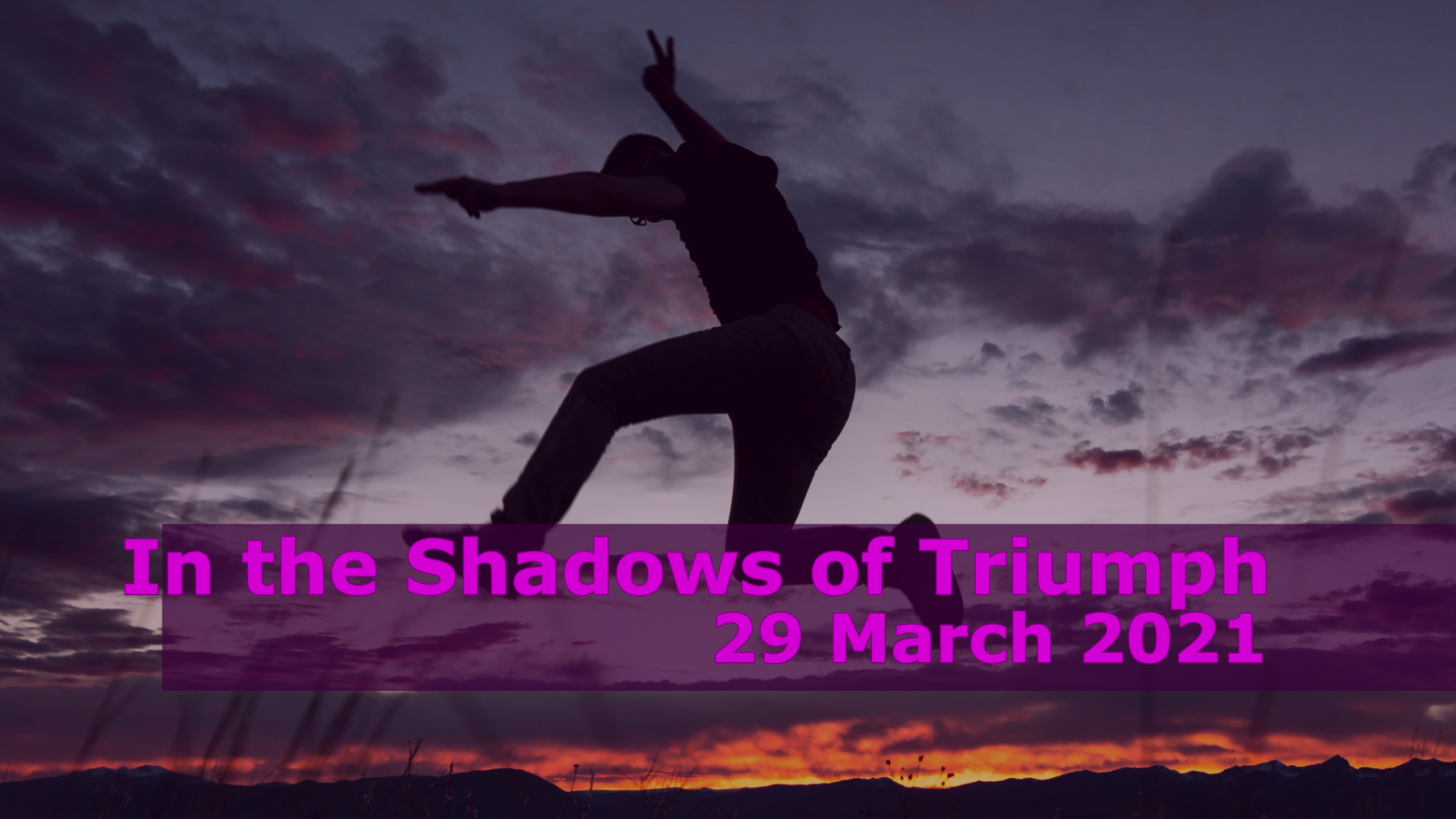-

In the Shadows of Triumph
Ian
Isaiah 42:1–9; Psalm 36:5–11; Hebrews 9:11–15; John 12:1–11 Yesterday, we celebrated Palm Sunday. The Messiah, no, the King, no, God (!) entered Jerusalem! At churches around the world, children paraded waving palm branches. The triumphant entry is a big thing! I remember being part of a multi-church parade on Palm Sunday. We walked from one
About

Writings that we hope will deepen your relationship with Jesus Christ through the reading of the Scriptures.




